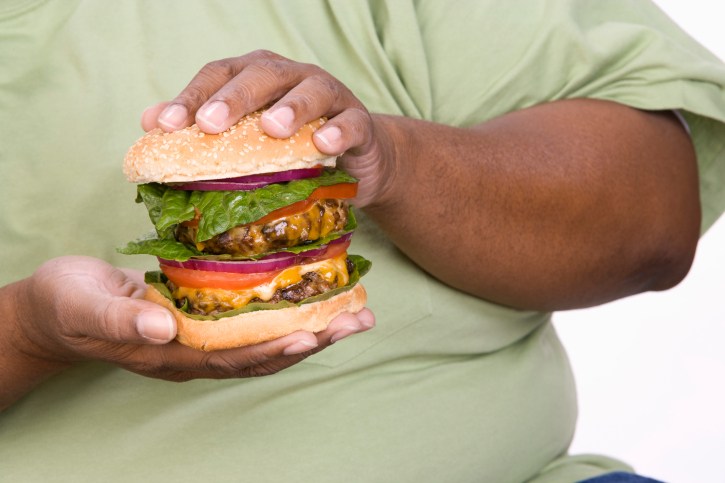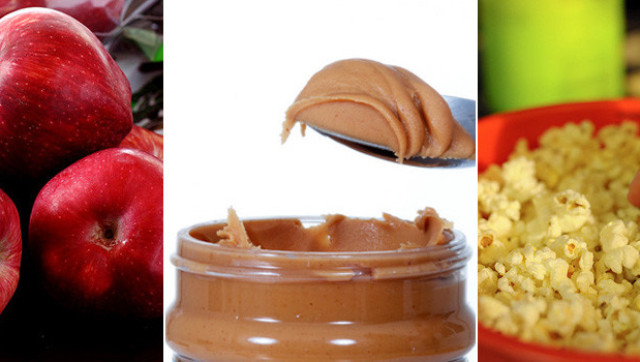Why is Losing Fat So Difficult? The Science Behind Weight Loss.
Weight loss ought to be easy. Right? After all, you just have to eat fewer calories than you use every day. So why is weight loss so hard? And why is losing fat even more challenging?
Weight loss is a sign of imminent starvation to your body; therefore your body doesn’t want to lose weight, and it especially does not want to lose fat. For thousands of years starvation was a real danger, so your ancestors’ genes developed an insurance policy: fat storage. Their genes also developed mechanisms to protect fat from being used for as long as possible. This means fat is not your body’s first choice for fuel when it faces a calorie shortage. In fact, it’s not even your body’s second choice.
Your genes are still in the Stone Age. They don’t know there is an all-night pizza delivery and a convenience store on every corner. They also don’t know when you want to deliberately lose weight. Think of it as a communication problem: you cut calories to lose weight, but your body interprets that as starvation, a potentially life-threatening event. You want to lose fat, but your body wants to keep it. The body thinks fat is good, useful, valuable stuff, which it is in reasonable amounts. If you really were starving, it would help keep you alive.
To lose fat, you have to “speak” your body’s language and send it the right signals at the right time, so your body doesn’t think that you are starving. The body’s hunger control mechanisms, like its fat storage and
release systems, are not yet fully understood. Based on established and evolving science, to lose weight safely and effectively, you must follow a plan that “speaks” your body’s language.
Using smart nutrition and frequent small meals, will send the signal that food is plentiful, encouraging your body to release fat for use as fuel. This approach takes advantage of your body’s physiology to maximize weight loss.
As every dieter knows, to lose weight you must eat fewer calories than your body requires every day, creating a prolonged calorie or energy shortage in your body. This deficit is met by “burning” stored calories and thereby losing weight.
Not all calories are treated the same. When you cut calories, your body turns to the three macronutrients⎯ carbohydrates, proteins and fats ⎯ for fuel. In nature, protecting fat reserves can mean the difference between survival and death. Consequently, the body has excellent mechanisms for storing fat and lousy mechanisms for losing it.
How does this affect you? If you want to lose weight, you have to send the right signals to your body. Use the three principles of weight loss ⎯ frequent meals, sufficient protein and calorie restriction ⎯ to tell your body to use its stored fat for fuel.
-
Whats with a Vegan Diet and Weight Loss!
Whats with a Vegan Diet and Weight Loss!Meat and animal derivative
-
Mix Weight Loss Techniques for Extraordinary Results
There are actually unique similarities b
-
Even moderate weight loss for obesity improves heart function
Moderate weight loss for individuals battling obesity is now found to
-
The 3ADay Dairy Diet Another Diet Fad Flop
Lets take a food already synonymous with several Western societies, th
-
Womens Weight Training: 5 Common Myths and Realities
Weight training and Men have always been
-
Holiday Weight Loss Secret: A Red Plate?
If you’re looking for a way to fight the inevitabl
- DON'T MISS
- Meratol: A Miracle Weight Loss Supplement
- Maximizing DHA Intake Supports Weight Loss
- Hypnosis Weight Loss! Does It Really Work?
- Glycemic Index A Magic Weight Loss Solution Or A Soap Bubble Ready To Burst
- Losing Weight Quickly is Possible
- 7 Easy Ways to Lose Weight in 2 Weeks
- Is Dieting Valuable in Losing Weight?
- Learning About Fad Diets
- How to set Goals for Weight Loss
- Health and Fitness from a Personal Trainers perspective




